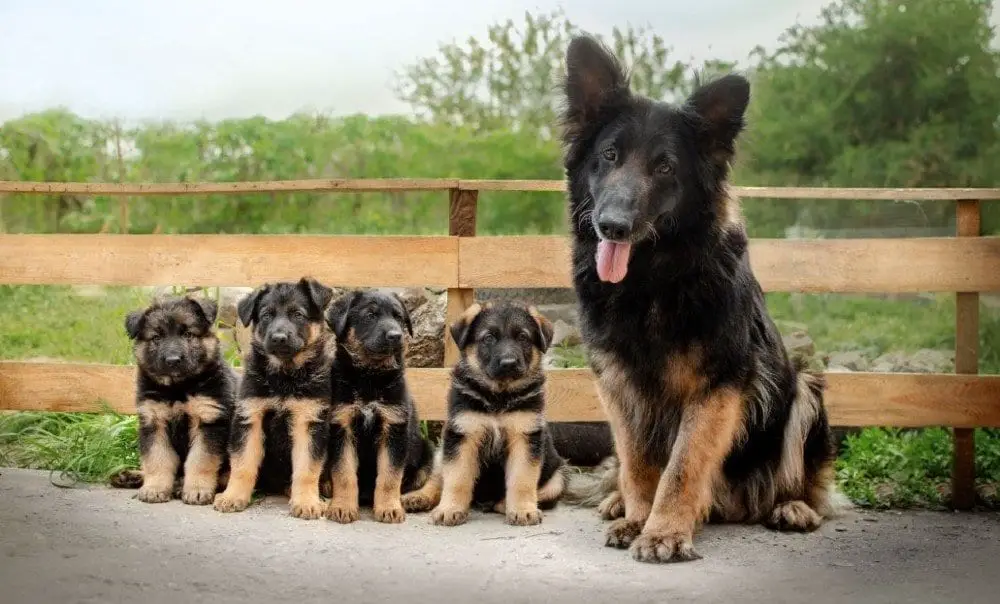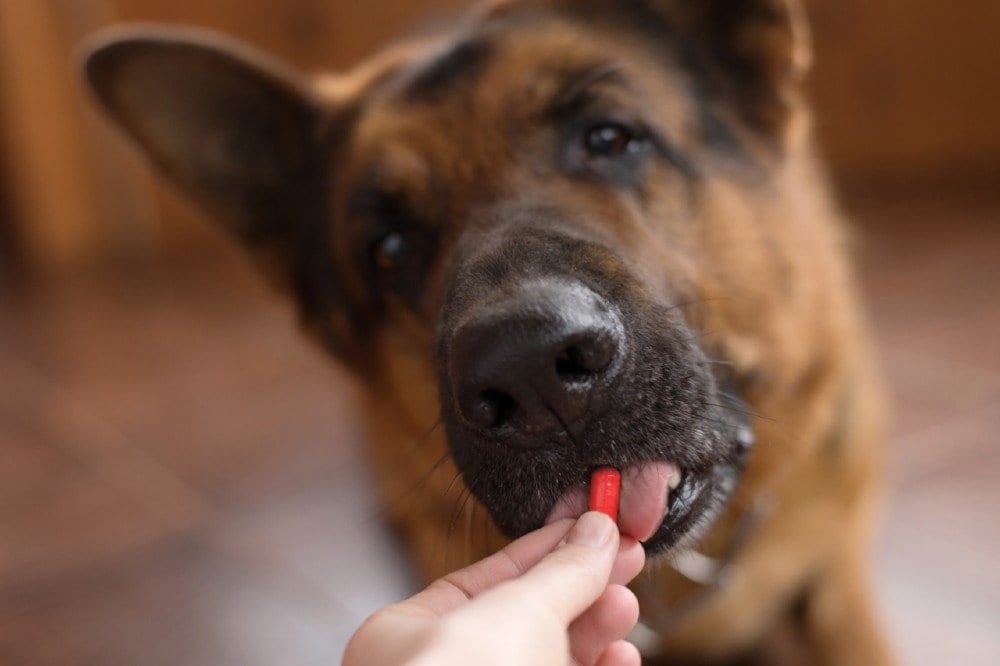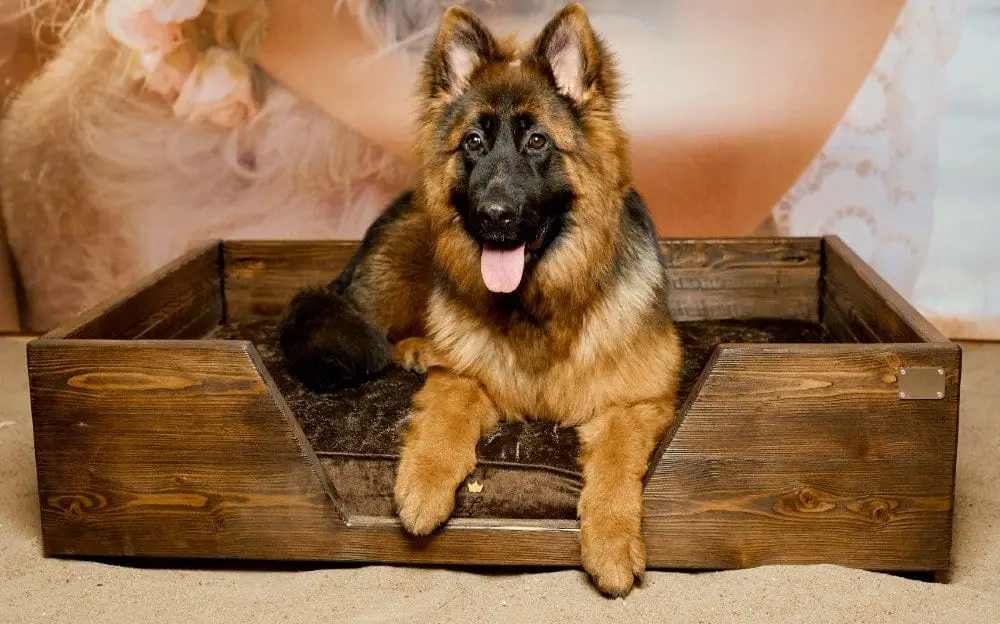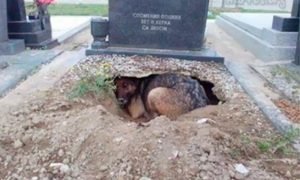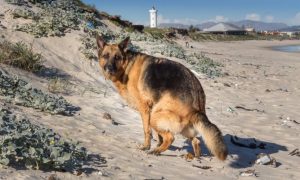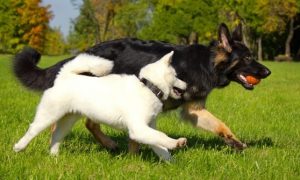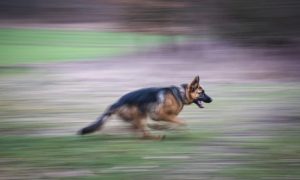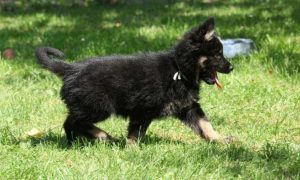Coccidiosis in dogs and puppies is caused by protozoa called coccidian that invade your pet’s intestinal tract.
There are several different species of coccidian, but the most common species of coccidia in dogs are called Isospora Canis.
Coccidiosis is a contagious disease and the incubation period (time between exposure and symptoms appearing) is about two weeks.
It is commonly transmitted by ingesting the feces of an infected animal. This disease is often seen in puppies that are exposed to coccidia through their mother’s infected feces.
Most dogs develop an immunity to the protozoa as they grow older, but puppies are susceptible to coccidiosis because they haven’t had time to establish this immunity.
An adult dog can become infected with coccidiosis and show the symptoms of the illness. If an older dog contracts coccidiosis, it may already have a weakened immune system due to another illness, health condition, or stress.
Some healthy adult dogs are “carriers” of coccidiosis. These dogs have coccidian protozoa (the organism) in their intestines, and they pass them into the environment in their stools. Yet, they have no symptoms of coccidiosis and do not suffer any ill effects from the disease.
Symptoms of Coccidiosis in Dogs and Puppies
- Diarrhea
- Loss of appetite
- Weight loss
- Lethargy
- Vomiting
- Dehydration
- Seizures – In advanced/severe cases
Repeated episodes of diarrhea are usually the first and most noticeable symptoms of coccidiosis.
Depending on the severity of the initial infection, diarrhea can range from mild to severe. The diarrhea is watery, is often bloody, and may contain mucus. You need to be aware that the coccidian organisms multiply rapidly, and the infection can worsen very quickly.
Most cases of coccidiosis are mild, but the condition can increase in severity. A puppy is at risk of becoming dehydrated quickly, and this disease can be fatal in young dogs if left untreated.
Your veterinarian can diagnose and confirm coccidiosis by examining your pet’s feces for coccidian cysts. If the results are positive for coccidiosis, your vet will prescribe medication.
The medications commonly used are s sulfa-based antibiotics such as Albon. The medicine will not kill the coccidian protozoa but stops them from breeding and reproducing.
Recovery is slow, so be prepared for an average recovery period of about two weeks.
To be sure that all of the organisms have died out, it may be necessary to do more than one treatment of the medication. Once the medication is completed, a second stool sample should be examined by your veterinarian to confirm the negative findings for coccidiosis in your pet.
Coccidiosis in dogs is most commonly spread through feces. High standards of hygiene are essential to limit the spreading of this disease and to prevent reinfection.
Pick up feces immediately, thoroughly clean the areas and the items that your pet uses and keep flies, insects, and rodents away as they can spread this disease on their feet and in their bodies.
Coccidia is difficult to kill, and average household cleaners are not effective.
Sterilize at high temperatures, steam cleaning, and boiling water, for utensils and toys, bowls, chew toys, etc.
Wash bedding, towels, and clothing on the hot cycle in your washing machine and add some bleach for good measure.
For kennel areas, floors, concrete, etc., wash with a ten percent ammonia solution or a 1:16 solution of bleach to water to sanitize the area.
Wash all areas thoroughly and let soak for at least twenty minutes before rinsing.
Grass, soil, and dirt areas can be difficult to remove all traces of coccidian protozoa. Keep in mind that these surfaces can remain contaminated for up to two months or more.
The strains of coccidiosis specific to your dog are contagious and can be fatal to your pet but are not transferable to humans, so there is no need to be fearful of this parasite.
Be on the lookout for the symptoms with a new pup, and practice good hygiene to increase your chances of a healthy start with your newest pack member.


